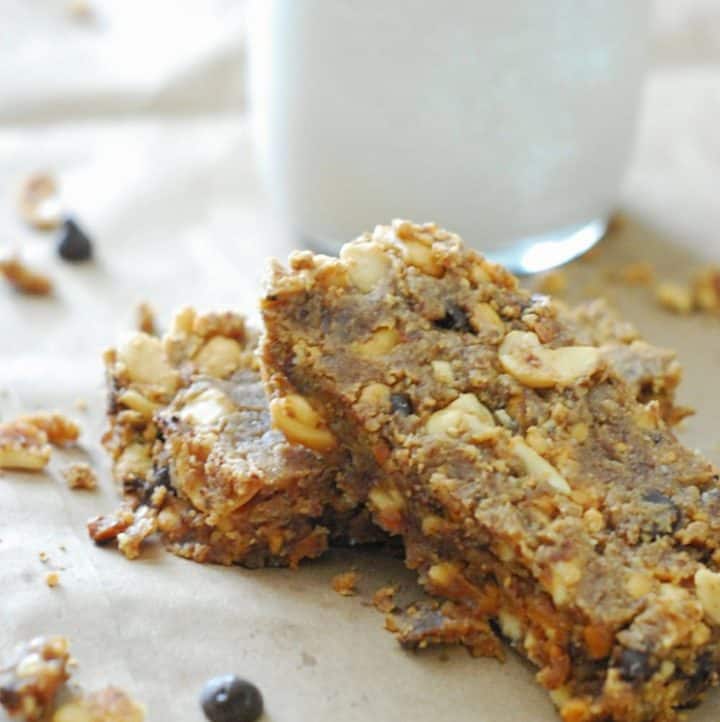Low carb consists of restricting carbohydrate consumption, often for weight loss and diabetes. In low carb diets, foods that are high in easily digestible carbohydrates (pasta, sugar, bread, etc.) are limited or replaced with foods containing a higher percentage of fats and moderate protein (meat, poultry, fish, shellfish, eggs, cheese, nuts, and seeds) and other foods low in carbohydrates and high in fiber (most vegetables).
Another way to look at it! Carbohydrates are broken down into glucose in the body so when carbohydrates are consumed, there is an increase in blood sugar levels. But when reducing carbohydrate intake (partaking in a low carb diet), you can help to reduce the rise in blood glucose levels after meals.
So, basically you want to steer away from foods that can spike your blood sugar levels (foods high in carbs) which are foods that will in turn cause your body to store fats. All that stuff you heard about staying away from foods high in fat should more or less go out the window while trying to follow low carb. As many people in the low carb world have said “you have to eat fat to burn fat”.
Protein
Protein is essential on low carb. It has several benefits such as curving appetite, keeping you full, and helping to build muscle. A better understanding of how proteins work in your body; protein consists of long chains of amino acids which are essential for the body to function properly. The most general way to explain what protein assists with in the body is growth, maintenance, and the repair of all cells. Soy and animal products such as meat, fish, poultry, eggs, and dairy products are the best sources of protein.
Net Carbs
Net carbs, are seen digestible carbs or impact carbs. The easiest way to find the net carbs is by subtracting the number of grams of dietary fiber in foods from the total number of carbohydrate grams.
TOTAL CARBS – FIBER = NET CARBS
Fiber
Fiber is considered a carbohydrate BUT it doesn’t impact your blood sugar level. So, fiber lowers the impact of sugars and starches on blood sugar levels. As explained above, the grams of fiber are subtracted from the total number of carbohydrate grams. Fiber is found in many low carb products and especially in vegetables. A large benefit to consuming fiber is it’s prevention of constipation, usually allowing you to regularly use the bathroom without a problem.
Sugar Alcohols
Just as you can subtract fiber from total carbohydrates you can subtract sugar alcohols. The majority of low carb products are sweetened with such sugar alcohols as glycerin, mannitol, sorbitol, xylitol, erythritol, isomalt, lactitol, and maltitol. These are all forms of sugar, that provide a similar sweetness and mouthfeel without all the calories and digestive effects. Since sugar alcohols are not fully absorbed by the stomach, they provide far less calories than sugar does. The unfinished and delayed absorption of sugar alcohols causes in very small impact on blood sugar levels. Which is why the sugar alcohol carbohydrates can be subtracted from the total carbohydrates to make the net carb count.



